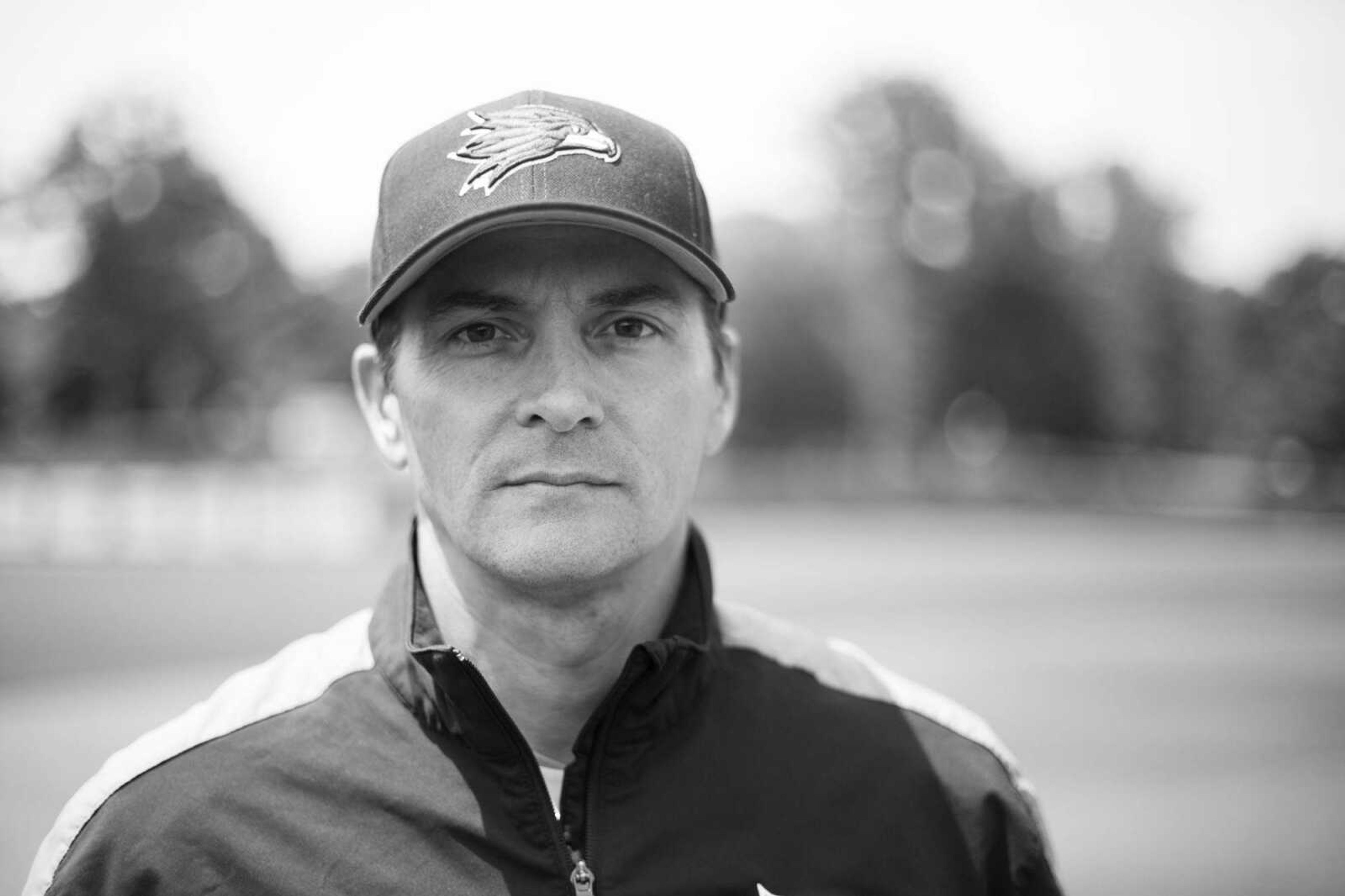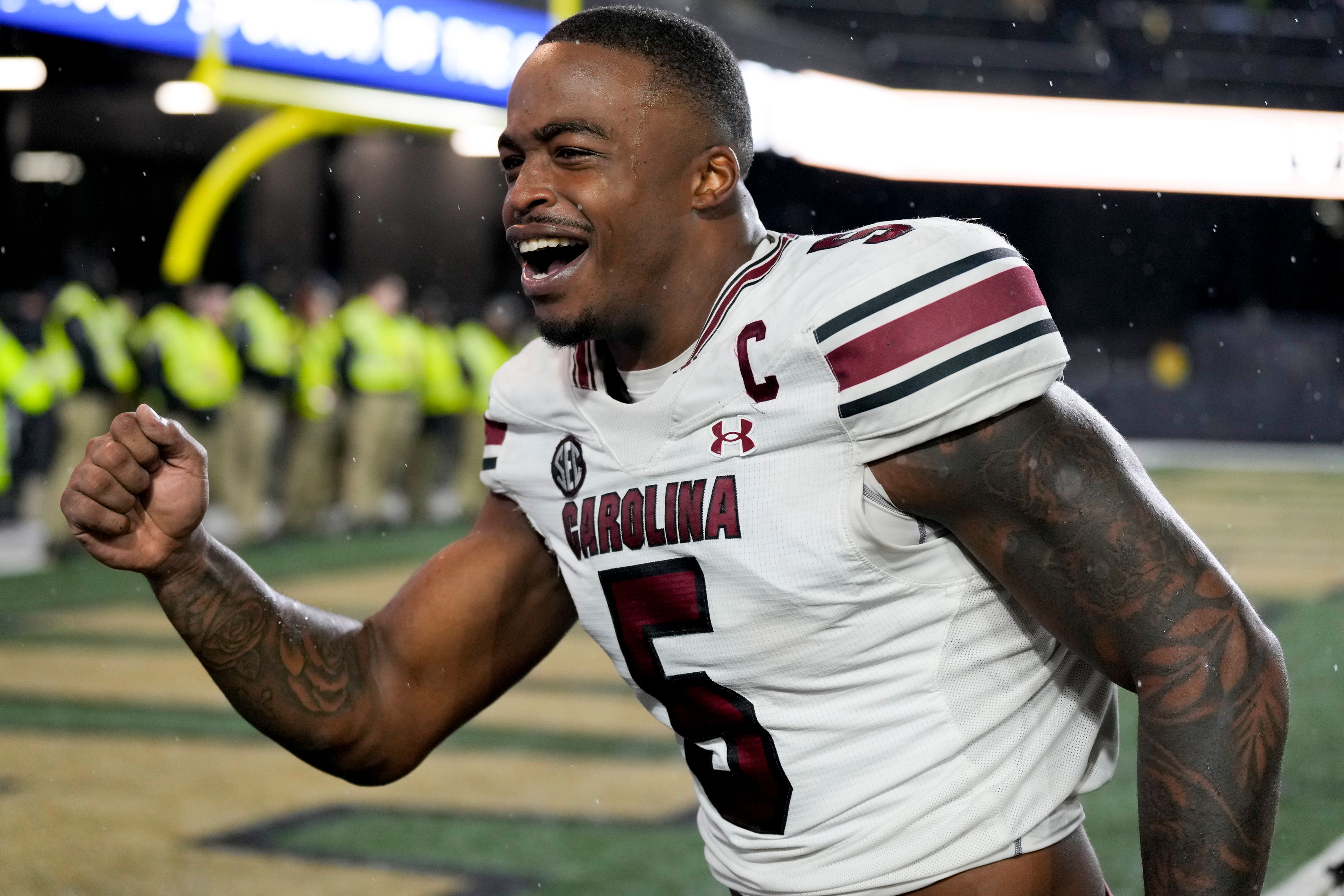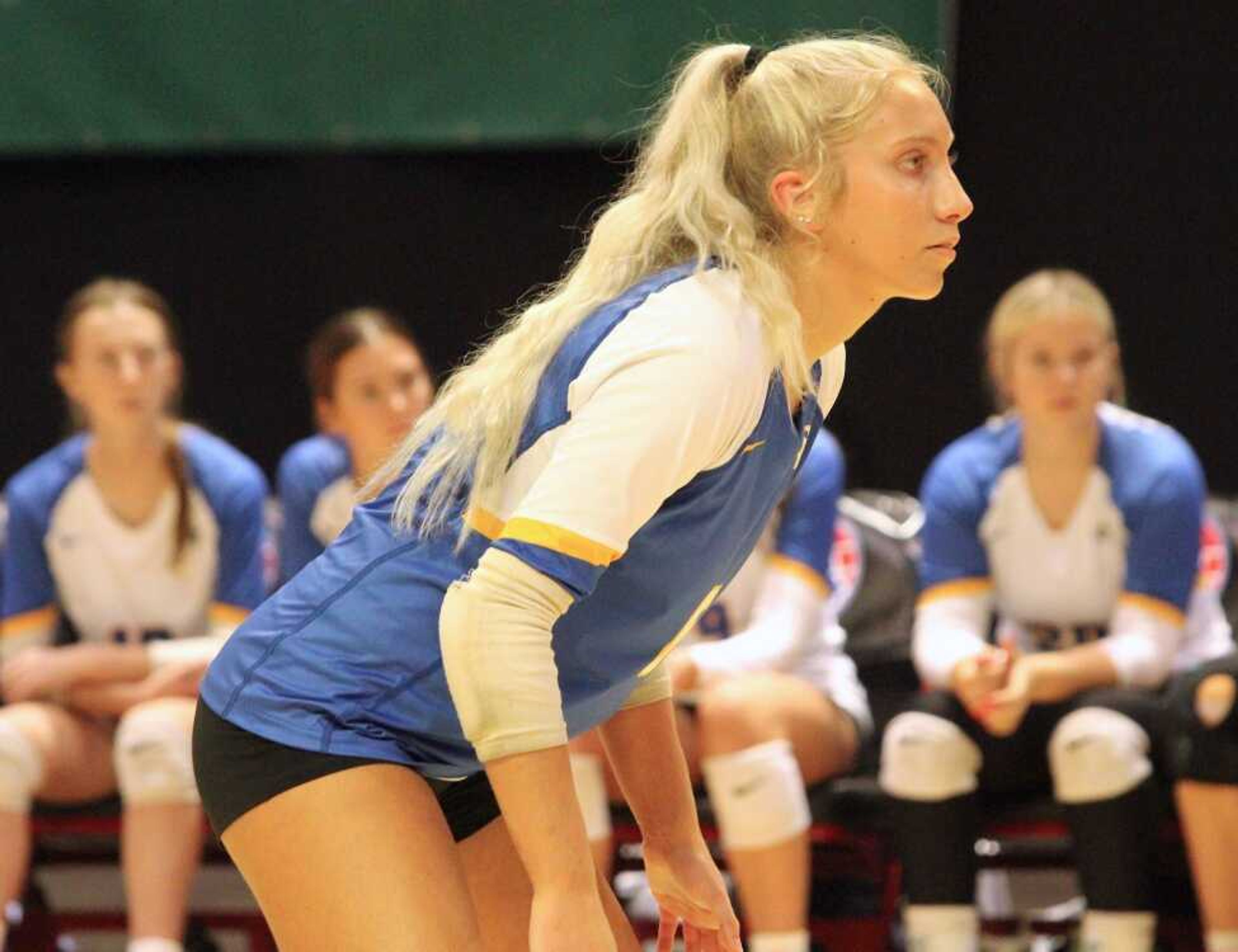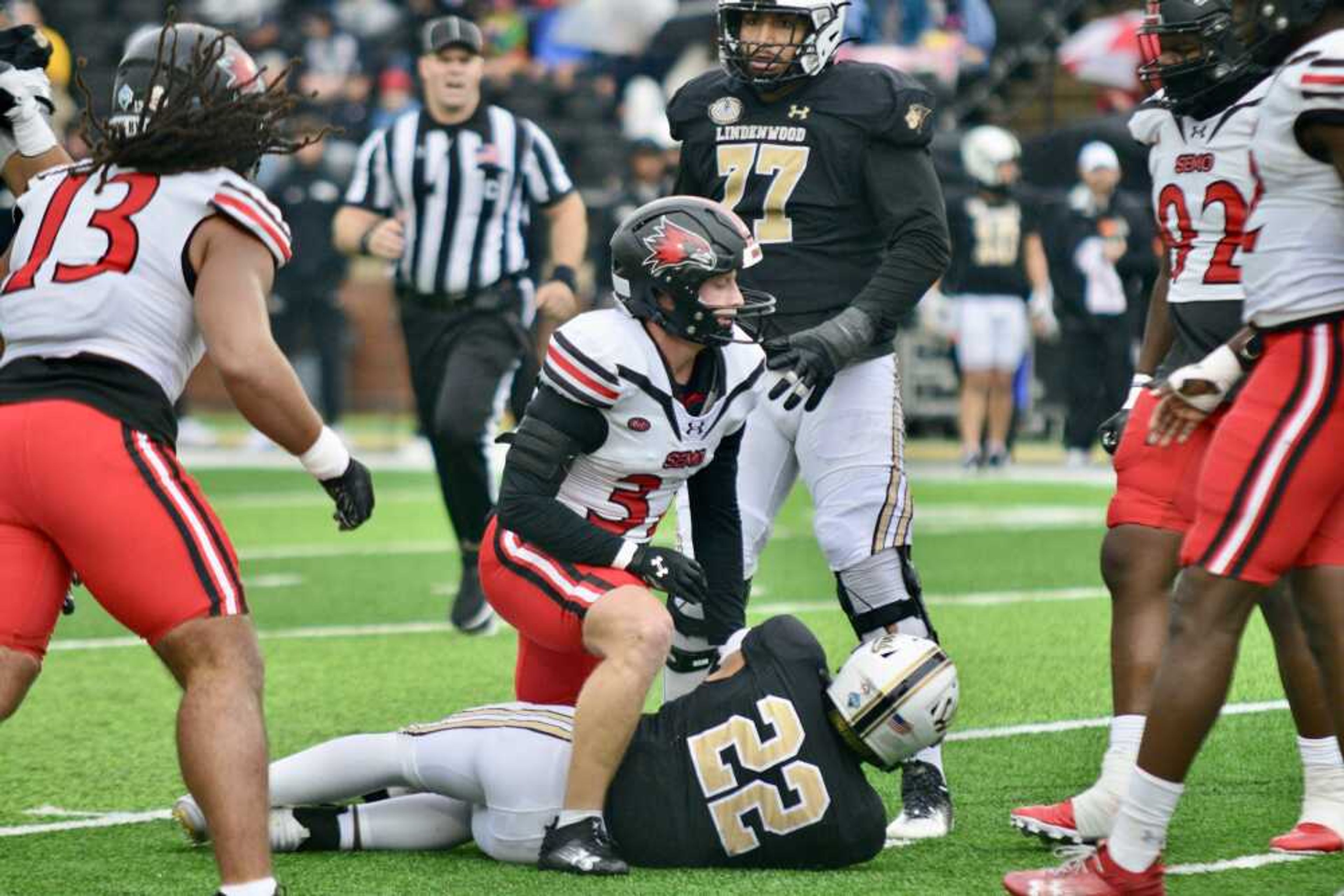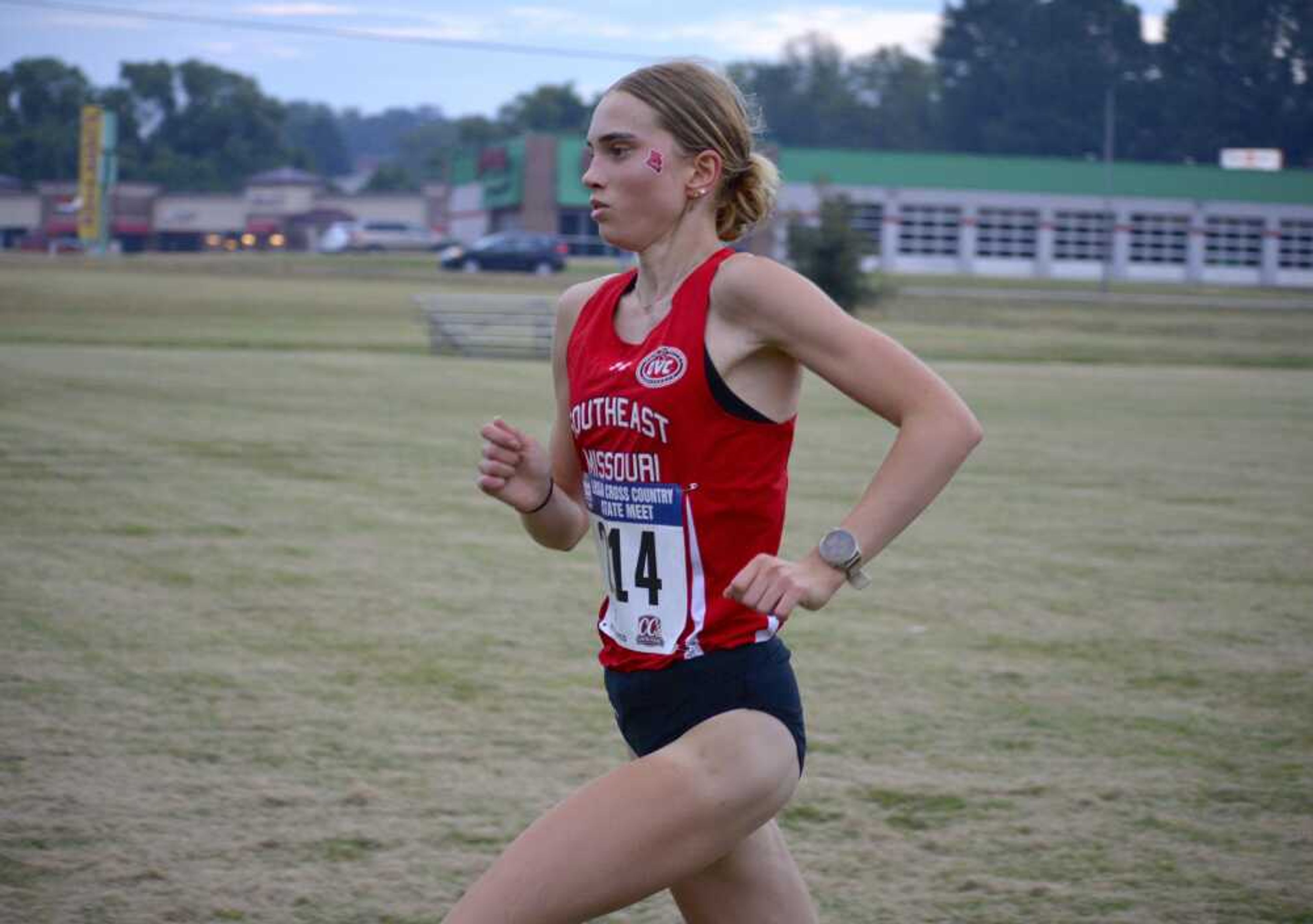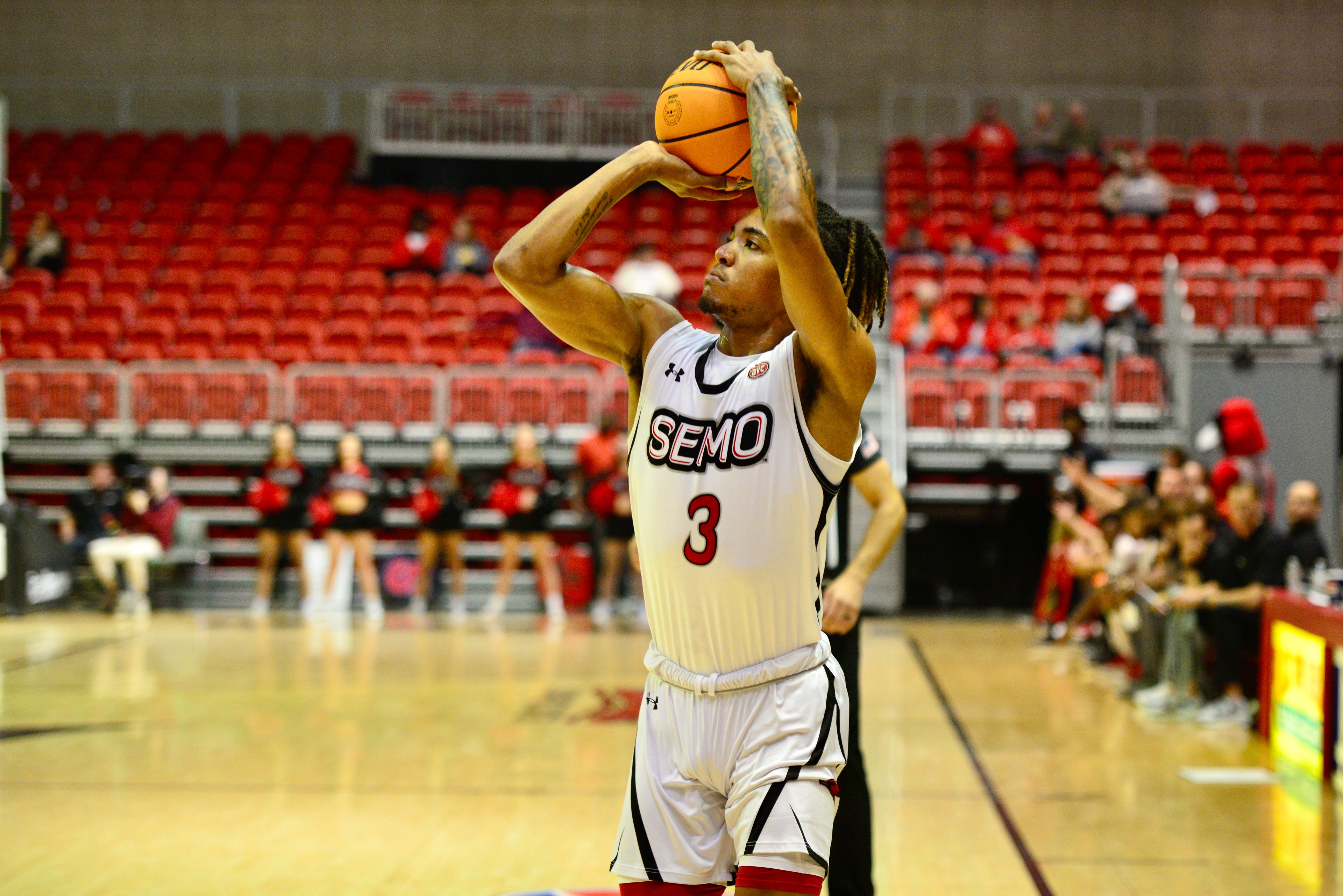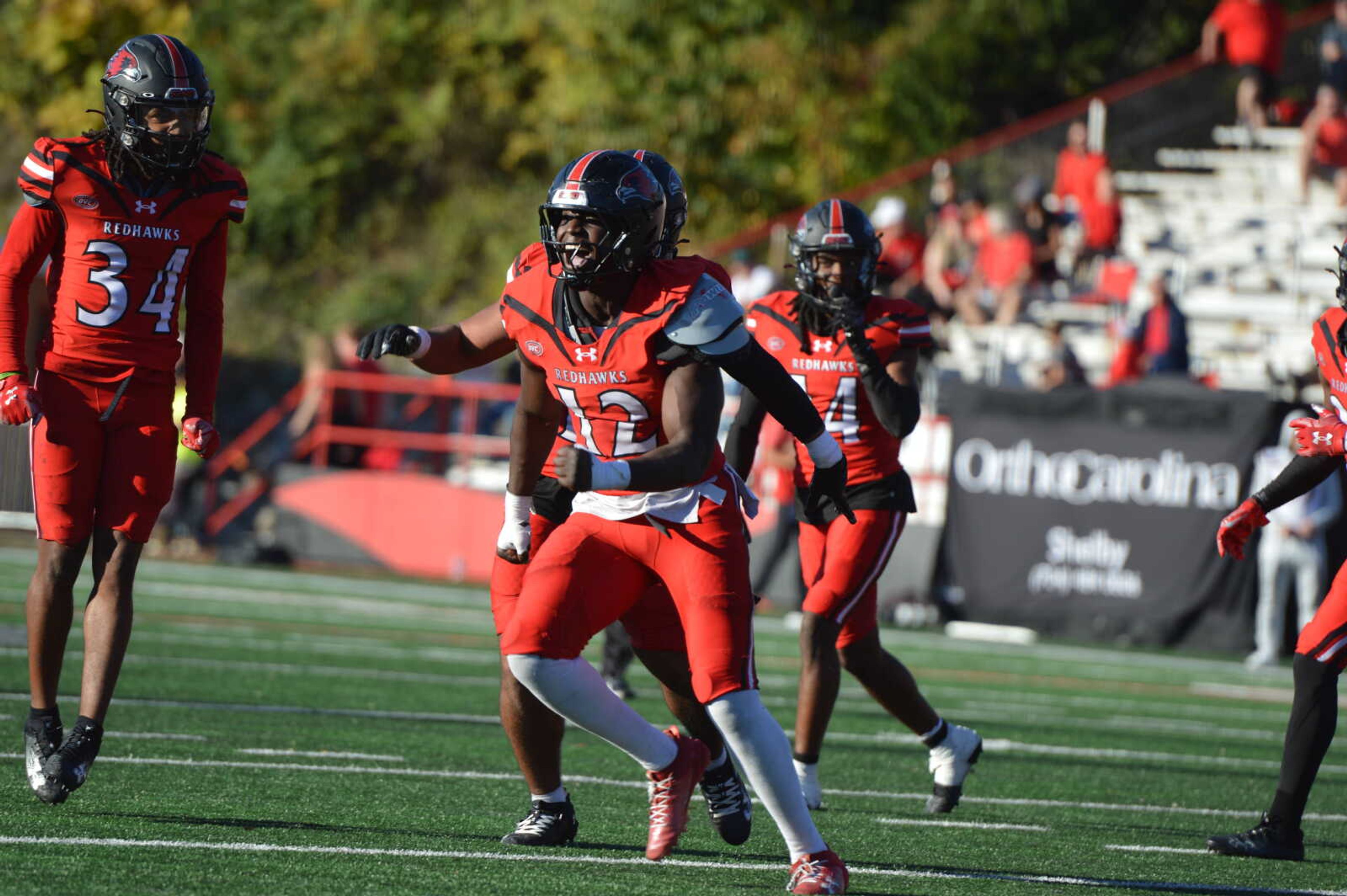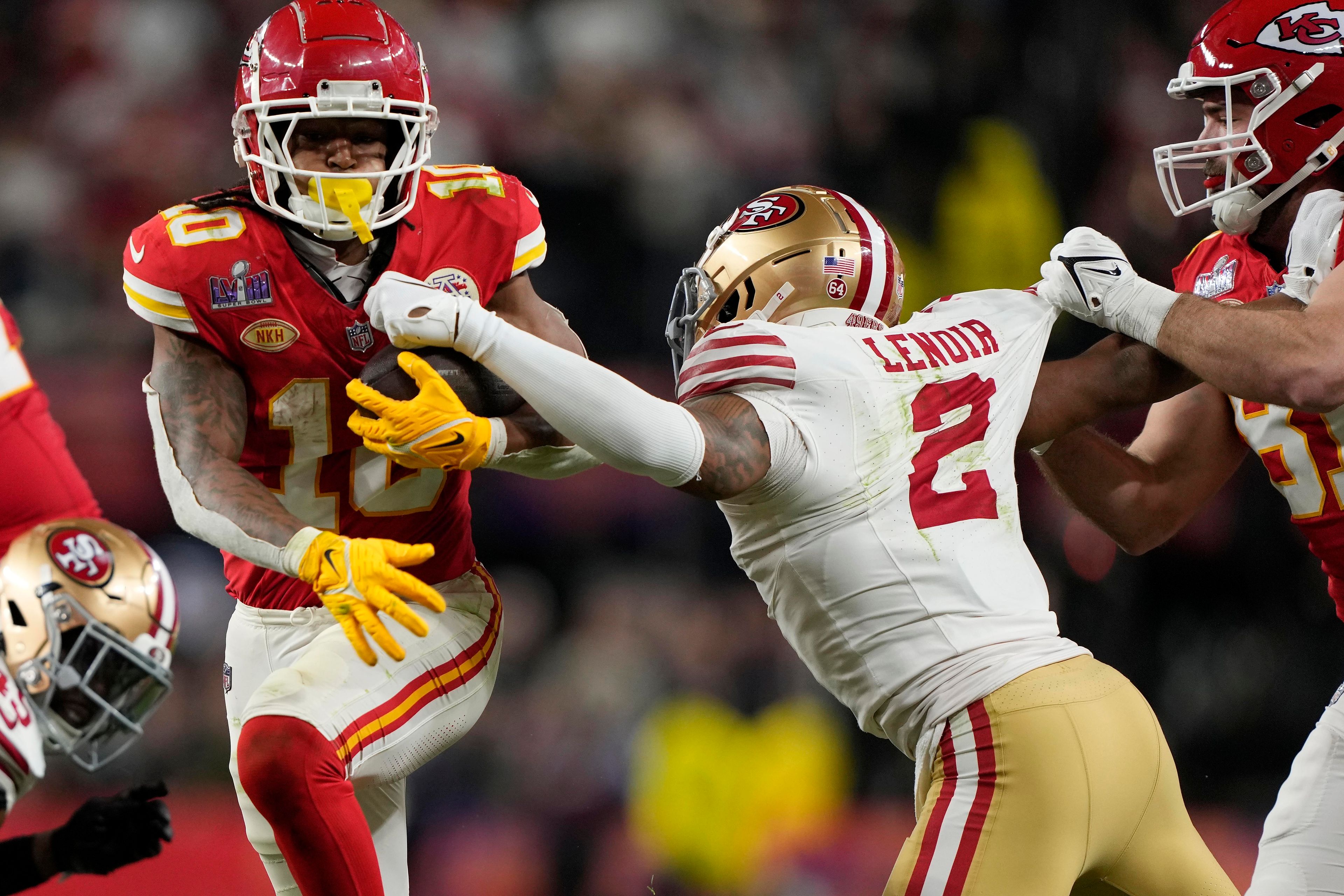Methodical Steve Bieser leads Southeast Missouri State baseball team to historic success
The Redhawks won back to back Ohio Valley Conference championships for the first time in program history in Bieser's third season at the helm.
One year removed from playing baseball for his dad at Southeast Missouri State, Cole Bieser recalled the first summer that he really spent time with his dad in 13 years.
It was 2001 and Steve Bieser had just finished his professional baseball career, which included playing two years in the majors in 1997 and 98.
He'd accepted his first coaching and teaching job at St. John Vianney High School in St. Louis but before he began the next phase of his life he decided something needed to be done to help his family and his hometown enjoy the game he loved.
It became his first project of building up a program, but not his last.
"He kind of took it upon himself to really energize the baseball culture in Ste. Genevieve -- take this little football town and try to make it a baseball town," Cole Bieser said. "Just looking now, between the Legion program he helped set up and the Ste. Genevieve Riverdogs select program, which he basically started because I didn't have a place to really play competitive baseball ... it all started because he wanted to make sure that me and my friends and [cousin and Southeast senior] Jason [Blum] could pursue that passion and not have to drive to St. Louis or down to Cape and put together a team right in our hometown. "... It's just really fun to see how much it's changed and obviously, without bragging too much, it all came down to dad."
There are four distinct priorities that Steve Bieser tries to live his life by that have nothing to do with baseball and yet everything to do with baseball.
The 47-year-old leader of the Southeast baseball team immerses himself in family, faith, education and service -- and in that order.
The belief that these are the keys to living a fulfilled life spill over into his team.
This way of life has garnered him the respect of his assistant coaches, his players and his family and it's what moves the routine-driven coach each day to be the best man he can be in all areas of his life, and a big part of his life is baseball.
His standards and beliefs have become the standards and beliefs of the Redhawks in the four years since he was tapped as their interim coach, and -- just as it has at every other stop he's made on a journey meshing baseball and the rest of his life -- it's led to immediate success.
---
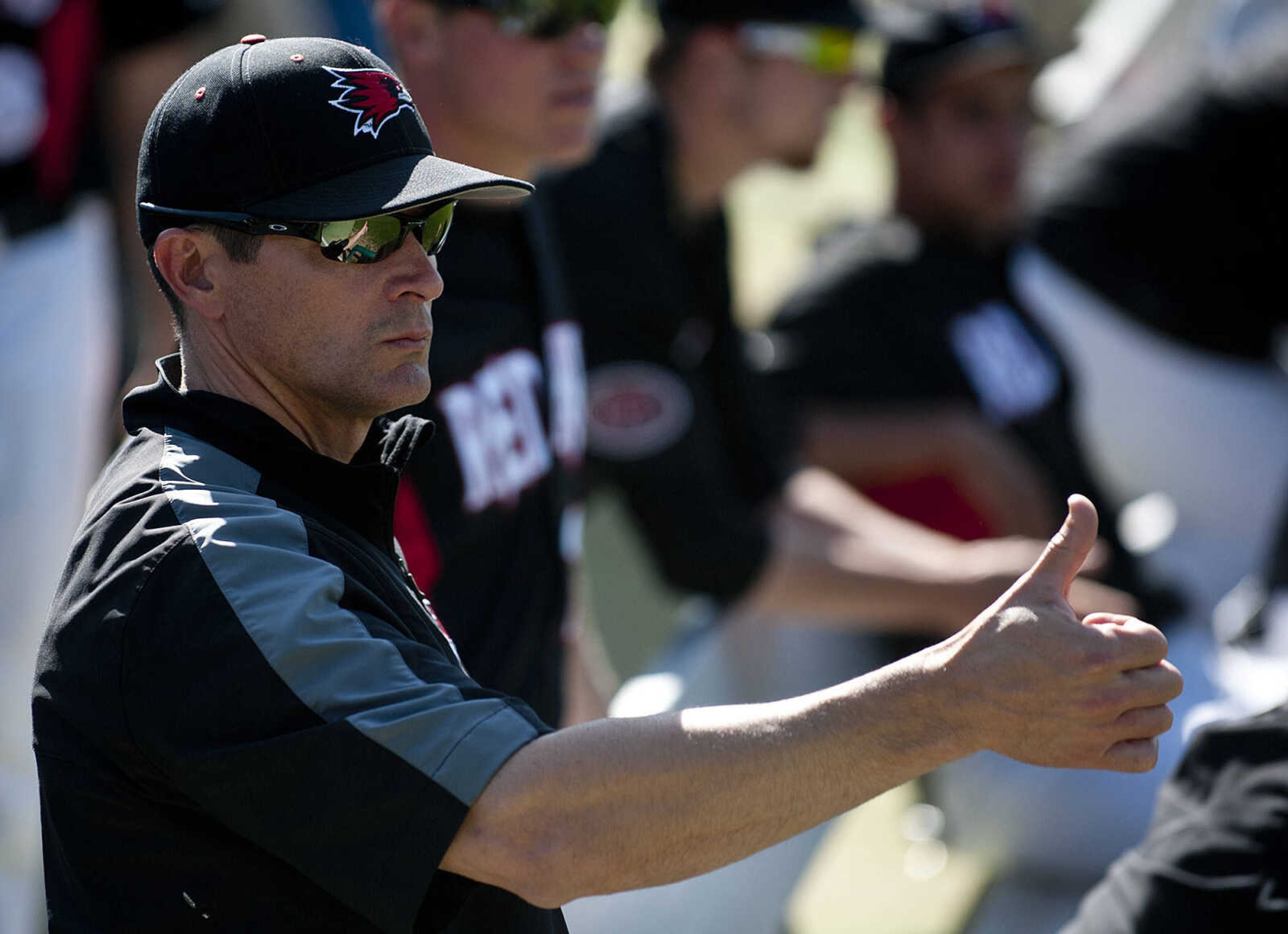
When his professional playing days ended Steve Bieser had the opportunity to become a minor league coach.
At that point he knew that college coaching was where he wanted to end up and the move to a high school coaching position where he could still spend time with his family felt like the better fit.
The Vianney baseball team had never made it to the final four prior to Bieser's nine-year stint with the Golden Griffins. They won two Class 4 state titles -- in 2004 and 2006 -- with him at the helm and have won several district titles and advanced to postseason play since.
"Whether I'm here one more year or whether I'm here 10 more years I want it to be able to continue past when I'm here, and I think that's one of the things that I'm most proud of at Vianney is that it's their culture now," Steve Bieser said. "At that level you don't get to choose your players, they come into you, and having that culture makes a world of difference. I coached a couple years where we had probably some of the worst talent in our league, but we still were right up there at the top. We excelled because that's what's expected of them and that's what I want our guys to feel when they come in -- it's expected, it's going to happen. You've just got to continue to work at it and not give up and everything's going to work out. I think that's one of the things that I'm really proud of. I still check Vianney's stuff once every two weeks just to see where they're at in the standings. Most of the kids I don't know anymore, but it's a pride factor of just seeing if that's a lasting program. I want this program to be lasting long after I leave here."
The two Ohio Valley Conference regular-season titles that the Redhawks have won in the last two years are part of a remarkable feat, but that success was put into motion a couple of years prior when Bieser was named the interim coach following long-time coach Mark Hogan's retirement in 2012.
Bieser joined Hogan's staff as the pitching coach and recruiting coordinator in 2010. Each time an assistant position at Southeast came open Hogan contacted Bieser, but there was a mutual agreement between the two that it had to feel like the right time for Bieser and his family.
When the job was available in 2010 -- after Bieser had respectfully declined it a handful of times -- he turned it down once more, but when the deal with a man Hogan had lined up to hire fell through Bieser was contacted again.
That August he was coaching the Danville Dans summer prospect league team in Illinois, a team which Cole Bieser was a part of, and when he got the call from Hogan he ran it by his oldest child, who would be playing baseball for Southeast the following year.
"I said, 'Yeah, as long as you don't try to get me on the mound I'm more than excited about it,'" Cole Bieser said with a laugh.
While it meant more time with Cole, the job and the long hours that came with it meant less time at home with his wife, Diahann, and daughters, Whitley, Briley and Carley, who lived about an hour away in Ste. Genevieve, Missouri.
"At that time I started thinking, 'The fourth time he's asked me if I'm interested, there's a reason why this happened. And if I don't take it now will I ever get into college baseball?'" Steve Bieser said. "It was such a strain on the family to take that position but like I said, my wife's been great."
"I'm thankful to Coach Hogan for sticking with that for so long because really I had no interest in going to the college level until there was a head coaching position," Bieser added.
Everything else he's learned about coaching has stemmed from the coaches he played for at each level -- from Ste. Genevieve High School all the way up to the New York Mets with Jefferson College, Mineral Area College and Southeast in between.
"I think that whether it's a great coach that you've had or it's a terrible coach that you've had, if you're really observant you're learning something," Steve Bieser said. "You learn what not to do as opposed to what to do. The teams that I was on, the teams that I coached, it always seemed like if you could get the guys like-minded and get them all pulling for the same goal and really get all the selfishness away from the players, those were the teams that were the most rewarding to play on, they were the most rewarding to coach, and I think that's just a culture."
Two of his most influential coaches, who shaped him into the stoic yet strategic coach in the Redhawks dugout, are two of the most different.
Hal Loughary, his coach during his one year at Mineral Area College, was his example for reining in his emotions.
"There was never extreme excitement over great things and there was never extreme lows over bad times, and that's something that I really enjoyed playing for him and I thought, 'Man, if every team I played for would be like playing for him I want to play this game forever,'" Steve Bieser said.
On the other end of the spectrum was Bobby Valentine, who he played for in the New York Mets organization.
"You've got a guy that's fiery and does all kinds of crazy things and you learn from things like what he did. He was very passionate about his job," Steve Bieser said. "He did a lot of things that opened my eyes to sometimes looking outside the box and doing things a little different. I mean, we run a second-base bunt play that nobody runs, and I got that from Bobby Valentine. It worked at that level, so you know that if you've got the right guys you can run it at this level. It's worked for us many times. It's harder once everybody knows that you've got that play because you can beat it, but it's a very surprise play. A lot of things like that, the gadgety-type stuff that really works, I picked up from what he did."
A smile crosses Bieser's face when he talks about his former coaches and the impact they had on him. He already has the same effect on his players and staff.
---
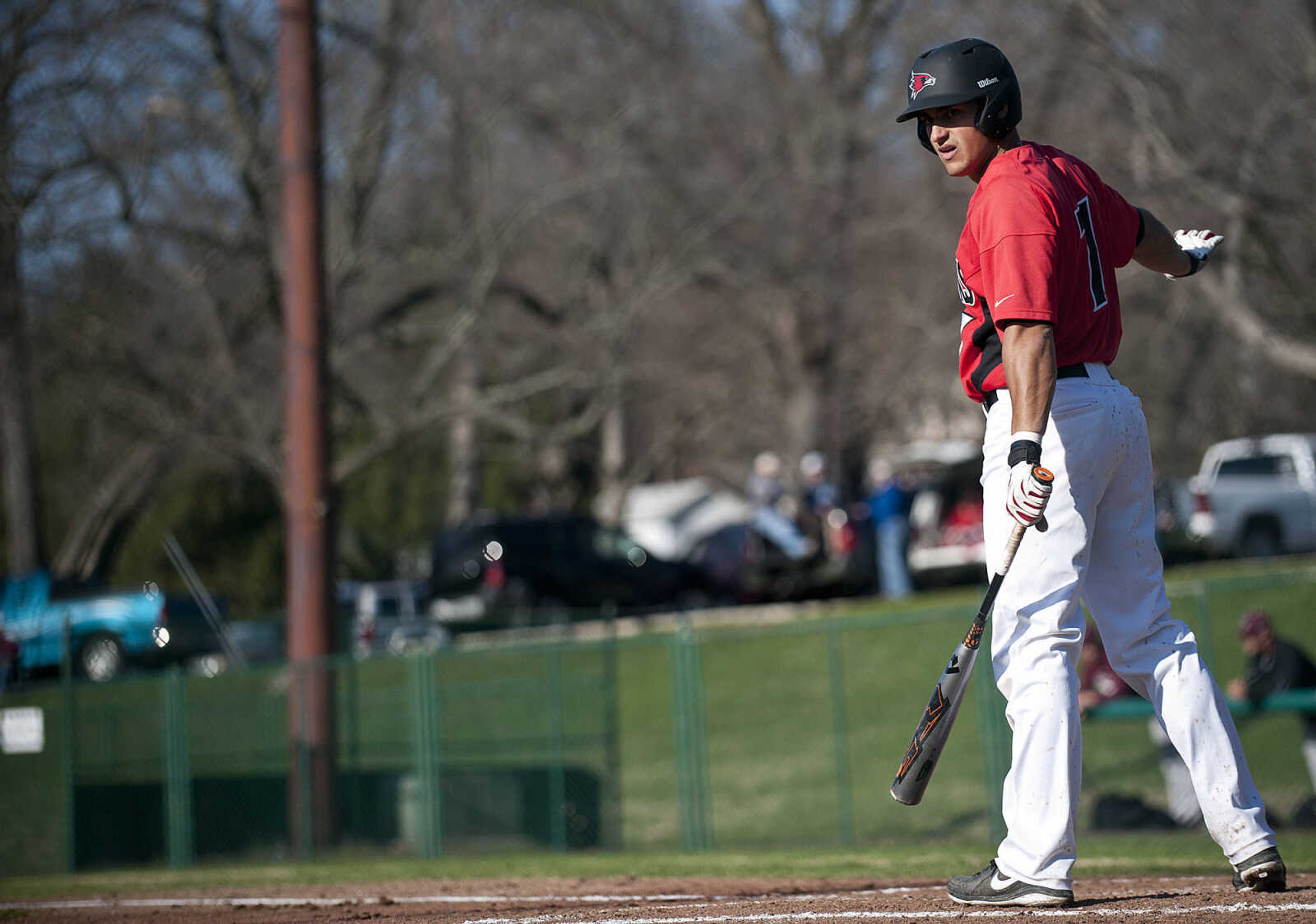
Cole Bieser can basically recite from memory what his dad told he and his teammates during their first team meeting with him four years ago when he became Southeast's head coach.
The message was that he always was the guy that had to work twice as hard, and that's what the Redhawks would do. He said they were going to do well on the field and in the classroom and that every time they stepped on the field they were going to put their best product out there.
"It's just that absolute dedication to everyone buying in and pulling on the rope in the same direction and realizing that the Derek Gibsons and the Matt Tellors aren't going to be the norm. We're not the big-time school," Cole Bieser said. "The norm is going to be the Jason Blums, the Dalton Hewitts, the guys who just work and work and work and keep getting better and better and drive the team. It's those guys that don't stand out when you just look at the lineup card, but when you watch them play you can see why this team wins. Those are the types of guys that he went out and recruited, those are the types of guys he basically kind of groomed."
His players trust him because they know he doesn't just speak these words but lives them. They see the time and dedication he's put into the sport and into their team and can't help but acknowledge he's a special person to play for.
"When I was younger it was awesome having a cousin that played in the big leagues, so he was kind of my idol growing up, somebody that is the true epitome of where hard work can get you and I think that was the best example he could've set for anybody," Bieser's cousin and Southeast senior Jason Blum said. "As a coach it's kind of like you have that relationship where you're always looking up to him, and that's exactly how I would describe it. I just look up to him as a leader and a person."
Senior outfielder Dalton Hewitt, who was a three-year starter for Bieser at Vianney, said that Bieser has remained the same throughout his entire playing career except for adaptations he makes based on constant reading and video-watching or just his observations of the team.
"He's always trying to learn every day, which is something you want in a coach," Hewitt said. "You respect someone that comes and wants to be here and is trying to learn something new every day. That's what I love about him as a coach."
The players know exactly what they're getting from their coach every single day. The extremely organized Bieser has instilled structure into the program.
There's consistency in his in-game presence -- both assistant coach Lance Rhodes and Cole Bieser said in separate interviews that "whether we're up 10, down 10 or it's a one-run game" his "quiet confidence" and steady demeanor can be expected -- as well as the team's daily routine. Bieser said the players could run practice on their own because they know what their workout always is each day of the week.
In addition to having his players well-prepared for each opponent, Bieser prepares himself for every situation that could arise during a game.
"Although we have a pretty good idea of who's going to go where and in what situations who fits best and who handles different stressors better or worse, he's played the game out before it's happened,"assistant coach Dillon Lawson said. "He knows that, 'If we're in the sixth and this happens, this is what I'm going to do. If we're in the seventh and this happens, well then this is what I'm going to do. I'm going to abort this plan. I'm going to go to this. I might not use this guy here because of the pitching matchup tomorrow. You're going from a hard-throwing lefty, the next guy out of the pen I'd like to be a righty just to switch looks and different arm angles, different pitch sequences to force your lineup to have to adjust.' Again, he's ahead of everything, but it's because he's played it out."
Bieser's organization is what allows him to keep the team and his life in order. He writes everything down on a calendar, his desk and office in Houck Field House are immaculate, and he always takes the time to compose himself for whatever is next.
"A lot of times he comes to meetings with a lot prepared and I sit back and I'm like, 'When did you do all this? How did you have time? I mean, are you up until four or five in the morning?'" Lawson said. "It's incredible what he gets done in what I think is no time at all."
He values his time and everything can be planned down to the minute. Lawson said that when they were planning team pictures before a midweek game a few weeks ago the timing was an odd one because their game preparation begins with stretching at 2:23 p.m.
"It's not just that round number because our stretch lasts for so long and then we go into our bands and then we go into our throwing program, and it doesn't take 30 minutes, it takes 27 minutes," Lawson said. "It's very detailed. And it's not overbearing. The details don't become overwhelming. It's just structured. Once guys know what the structure is they fall into a routine and then those routines lead into those good habits and hopefully that turns into good performance."
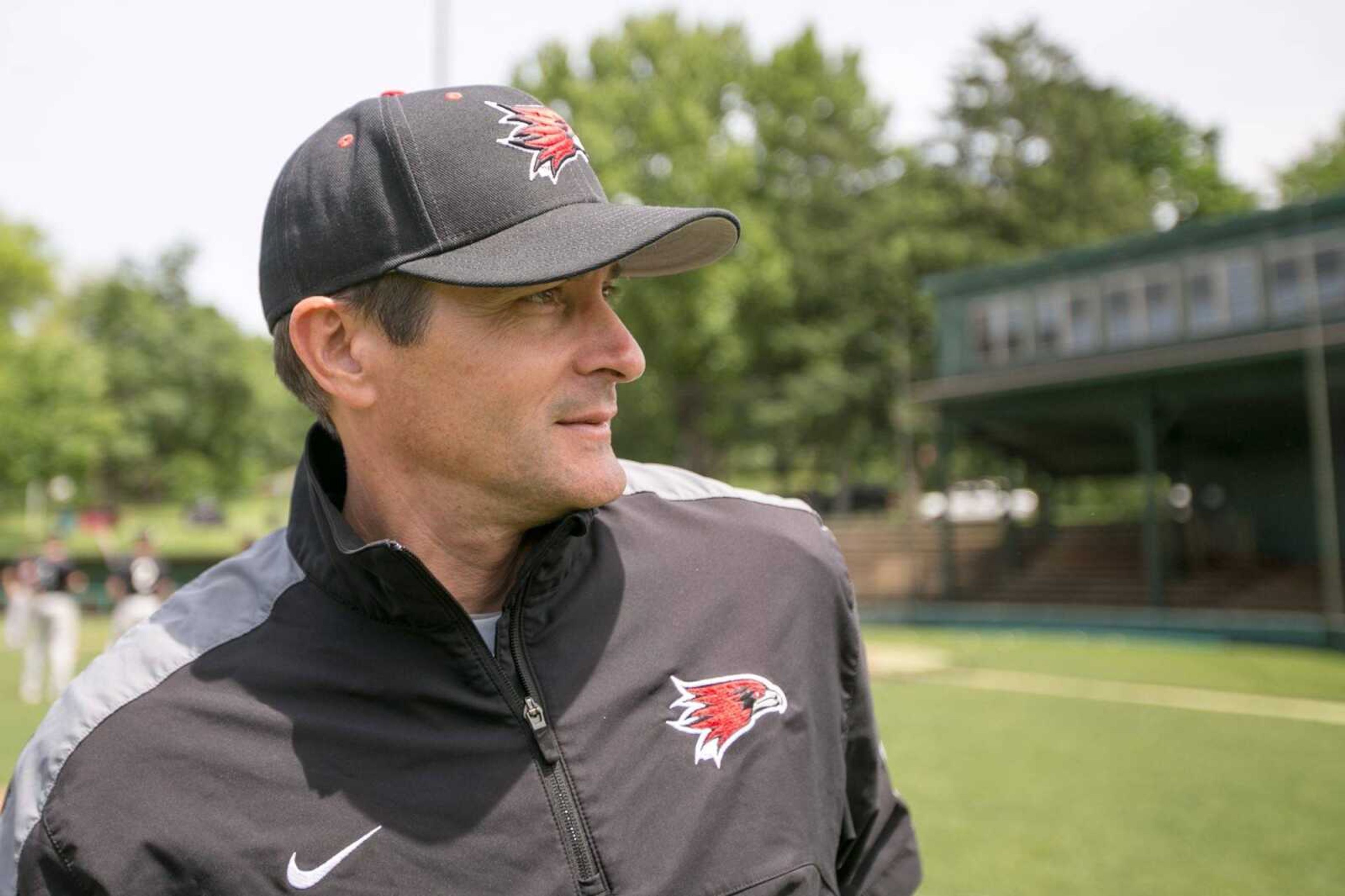
The team's performance has flourished with Bieser in charge. The Redhawks have posted a 33-21 record this season and were 22-8 in the OVC as they claimed their second consecutive conference championship outright. Last season they were 37-20 and 23-7 in conference.
They were the first team in the conference to win back to back titles since Austin Peay did so in 2003 and 2004, and it was the first time it had been done in program history. The only other OVC regular-season championship in program history came in 2002.
"Ultimately we want conference championships to just be by-products of accomplishing more, and it's pretty easy to see year in and year out what it takes to win a regional, a super regional, to get to a World Series," Lawson said. "I mean, you can look at those teams and go, 'OK. This is what you need.' Whether or not we get players that are as talented player for player, how can Southeast Missouri, how can we accomplish and get to those places?"
Bieser insists that he doesn't care about talent because he knows what the most talented players are like because he's played against them at the professional level. He's yet to coach someone of that caliber and instead focuses on getting his team to play the "right way" and have everyone understand their role.
"He's very direct in the fact that he's going to tell you maybe not what you want to hear but what is the best thing for you to hear, and we just feel like that's the best thing," Rhodes said. "A lot of times coaches tell you what you want to hear and it never actually pans out in the game, but he will tell you the truth whether the truth hurts or whether the truth feels good. He's going to tell you exactly what he thinks is best for you at that moment."
Understanding different players' personalities and emotions has been something Bieser has had to grasp since he began coaching at the college level as well as the fine line between the need for more strictness at the high school level and the lax coaching style of professional ball.
"Equality and equity, there's a difference there, and some guys need a kick in the butt and some guys need a hug, basically," Steve Bieser said. "Trying to figure out how to treat the guys right, to keep them all pulling for the same goal has always been a challenge, but I think just being around as many people as I have and kind of being observant at times of learning how to treat players. I don't think any player can say that I have favorites on the team. I hope they can't say that. They might say that, but I really don't and each person is unique and valued for what they can do. Whether you're the 35th guy or whether you're the first I think I value those guys the same way as human beings and they're all helpful on the club. Quite honestly your bench players are really what makes and breaks your team because the guys that I put in the lineup every single day, they like me, they're happy. It's the guys that are on the bench, getting them to understand their role, that they have value, keeping them happy is the toughest thing."
The team's slogan -- committed to excellence -- isn't just words but a standard that Bieser holds himself and his players and coaches to.
"He doesn't allow them to be mediocre," Lawson said. "It's very comforting to be average. It can be stressful and uncomfortable to do more, to exceed certain expectations, to exceed certain standards but he makes sure that the guys -- now, not everybody's going to reach the highest levels, but they're going to put in the effort and they're going to do the work that's required to get there and then the results just kind of fall into place, and he makes sure to see that happen."
---
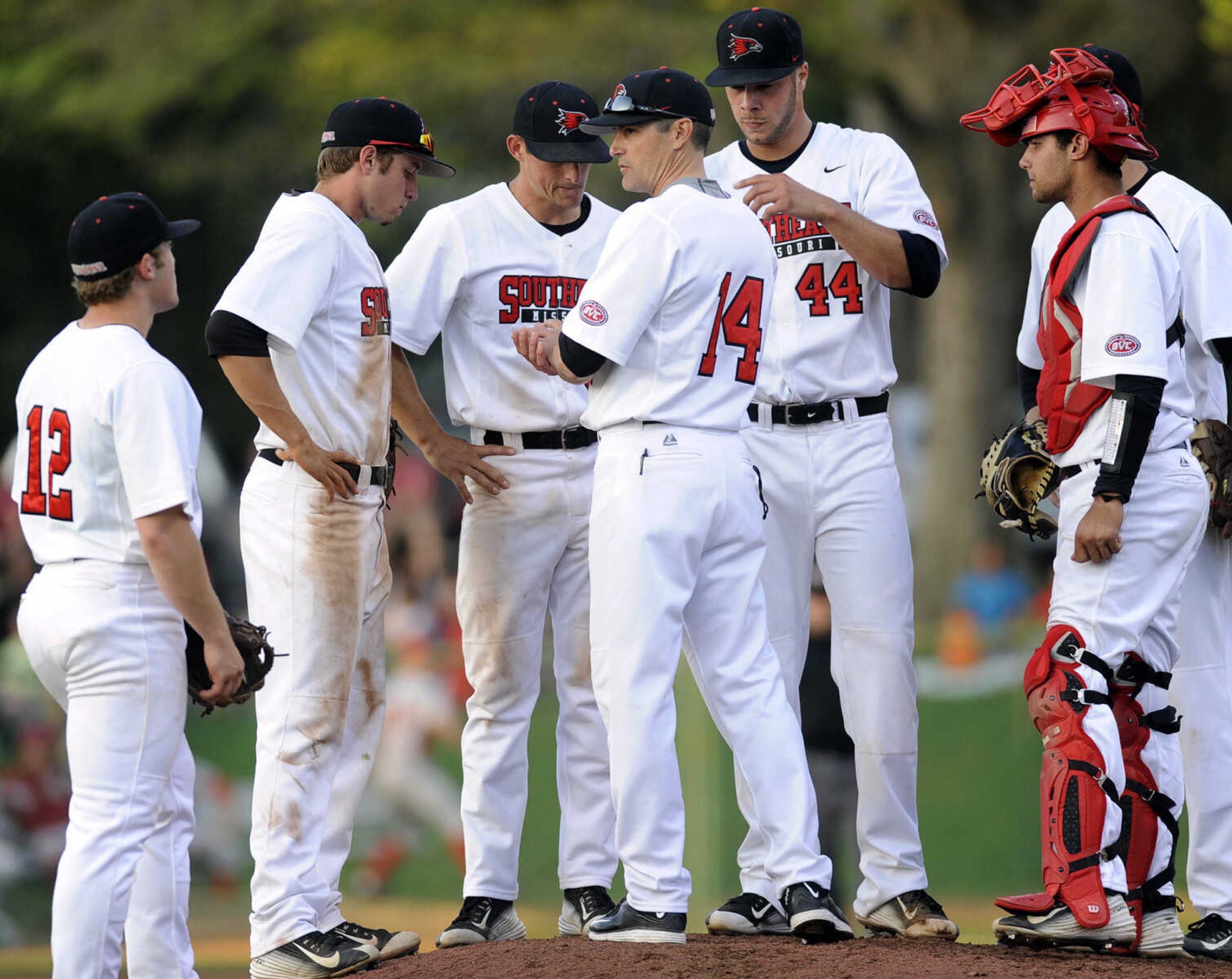
After last year's championship season ended in the semifinals of the conference tournament Bieser embraced the start of success within the program before quickly committing to ready his team to take the next step, which will begin when the Redhawks open OVC tournament action at 7 p.m. Thursday in Jackson, Tennessee.
"It turned so quickly. He didn't dwell on it," Cole Bieser said. "He knew that those are the breaks right there, that's just how it works. But he never shied away from the fact that what we did was extremely special. He wanted us to know that it didn't work this year but, hey, what we did was extremely special and important to this school and he wanted to move on quickly and turn the page on what they can do better this year to maybe take that next step, to hopefully take that next step."
As Bieser continues to lead the Redhawks in the future he knows the challenge is not to become complacent.
"No matter how good you are or how good your team is anybody can beat anybody on a given day," Steve Bieser said, "and it's a game set up for failure. I think that's why I love the game so much because you can't take anything for granted and you've just got to continue to work at it each day and try to improve not only as a player but really as a human being."
Connect with the Southeast Missourian Newsroom:
For corrections to this story or other insights for the editor, click here. To submit a letter to the editor, click here. To learn about the Southeast Missourian’s AI Policy, click here.
